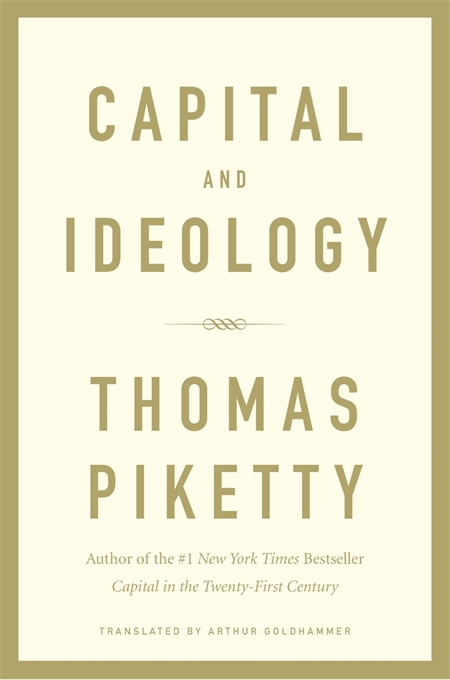
Thomas Piketty took a long shot (1000 pages!) trying to connect the dots, extrapolating and giving his vision of the past from the droplets of data in the Paris archives as well as relying on other scholars’ works. An enormous effort to portray the world’s complex socio-economic relations.
A thorough analysis of political events that should in theory allow the reader to understand the nature of today’s inequalities.
I found interesting his particular focus on slave and colonial societies, especially the French Empire, key events and long-term consequences (i.e. devastating economic impact of Haiti’s independence acquisition) shed light on the rise of global inequalities.
Several difficult topics were thoroughly explored, for example colonization of Ireland and abolishment of slavery in the US.
In my opinion, Piketty succeeds in showing the world’s interconnectedness long before “globalization” entered our vocabularies. Particularly, the bond market that predates stock exchange, was one of the preferred investment vehicles of the global elites for centuries. Slavery society obtained profits from land and human exploitation that is the fact. What is mainly omitted, is that through the bonds and later stock exchange markets, thousands of shareholders all over the world benefited this oppression.
Piketty’s next chapters focus on the world’s transformation – from ownership society to hyper capitalism in the West and from slavery/serfdom to socialism/communism in the East. According to the author, social-democracy was an answer of the “border states” to the USSR communist ideology. And subsequently, the fall of USSR led to the fall of social-democrats in Europe. This is a very deep and controversial subject that doesn’t look as straight forward to me as to Thomas. There can be correlations, but as a person who lived in both worlds, I do not personally see a straight line dependency. Maybe I’m wrong.
Finally, Piketty dedicates the last part of the book to his vision of the new order: the participatory socialism. Particularly I found two of his ideas difficult to fit in my world view:
1) Progressive hyper taxation – Piketty tries to prove that historical hyper taxation in the US during an era of oil and steel monopolization didn’t stop industry growth and that those taxes have been wisely re-invested in the medication and educational systems. This is partially true, yet majority of taxes went to US exuberant military spending as well…
2) Inheritance taxes – Piketty picks up an idea of the 3rd generation exit, progressive intergenerational inheritance tax that should give the total ownership of the asset to the government after the 3rd generation of its acquisition.
Both ideas imply the perpetual unlimited and uncontrolled growth of national states.
Overall, great work on the historical analysis of the global events. Ideas and recommendations should be taken with a pinch of salt.